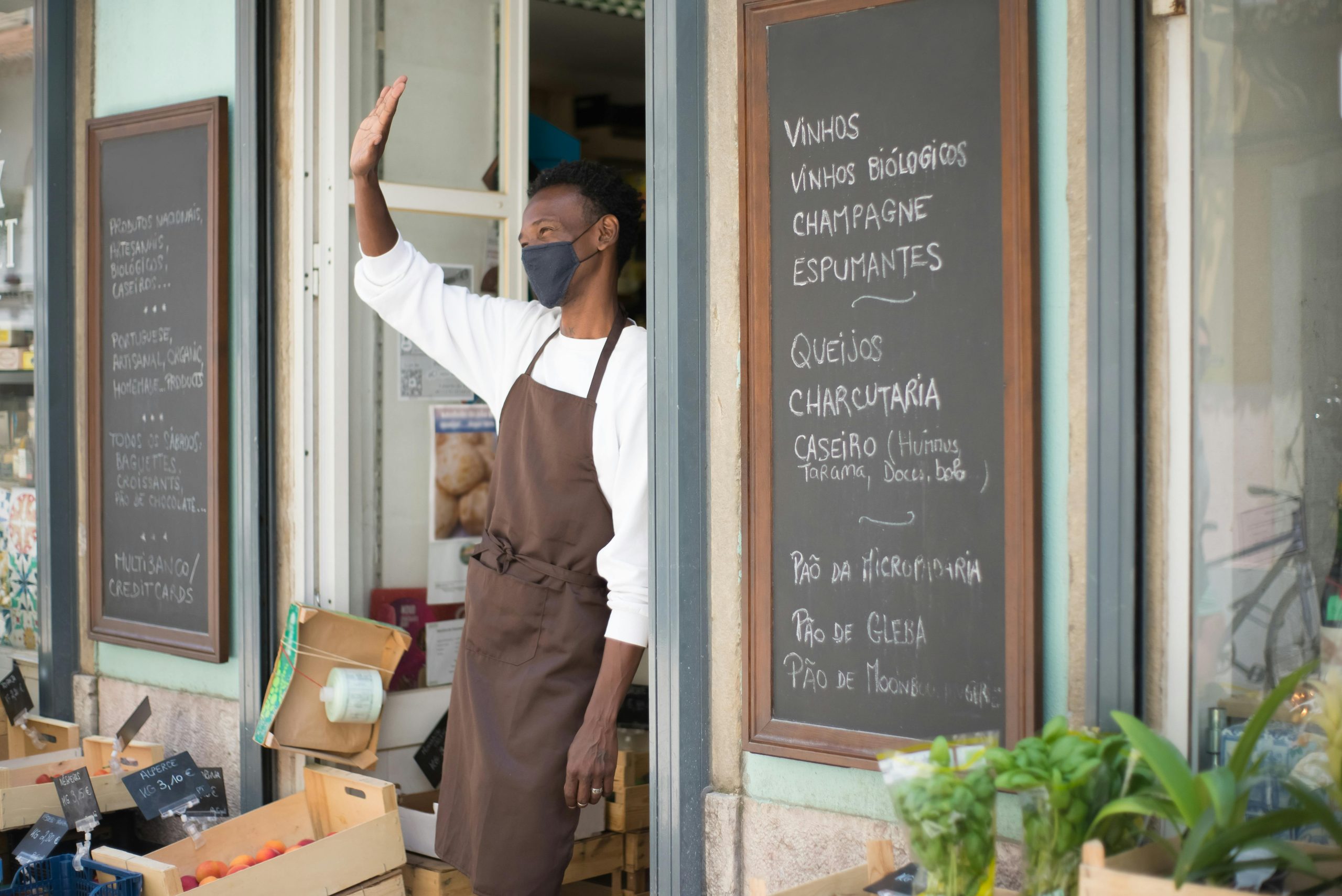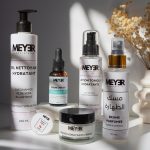Will luxury goods struggle in the face of an impending recession?
It’s uncertain, but as I develop a small luxury wellness product, I’m concerned about its potential success. With economic uncertainty reaching levels not seen since the pandemic, I’m worried it might be tough to sell.
I’m contemplating whether investing between $5,000 and $10,000 in product development, packaging, compliance, website, and marketing is wise. What are your thoughts?










3 Comments
It’s completely understandable to be concerned about launching a luxury product during uncertain economic times. Historically, luxury goods can sometimes be more resilient during recessions, as their clientele often consists of consumers who are less affected by economic downturns. However, this is not always the case, and consumer behavior can change significantly depending on the severity of the recession.
Here are a few points to consider before making your investment:
Market Research: Investigate your target market to see if there’s still demand for luxury wellness products. Conduct surveys or focus groups to gauge interest and willingness to spend.
Unique Value Proposition: Identify what makes your product stand out. In tough economic times, consumers often look for products that deliver significant value or solve specific problems.
Cost and Pricing Strategy: Examine your pricing strategy. Premium pricing could deter cost-conscious consumers during a recession, while competitive pricing might attract more buyers.
Marketing Strategy: Consider how you will position your product in the market. Highlighting quality, effectiveness, and the overall wellness benefits can resonate with consumers seeking comfort and self-care during tough times.
Diversification: Think about how you can diversify your offerings. If possible, consider creating a range of price points to appeal to a broader audience.
Financial Planning: Make sure you have a clear financial plan in place, accounting for possible slower sales and how you’ll manage cash flow.
Ultimately, investing in your product during uncertain times can pay off if you approach it strategically. If you still believe in your product and its value to consumers, it might be worth taking the plunge, but do so with a clear plan and an understanding of the market landscape. Good luck!
Your concerns about the market for luxury goods during a recession are completely valid, and it’s a challenge many entrepreneurs face—especially in the wellness sector, which can be both a necessity and a luxury. One thing to consider is that even in tough economic times, certain consumers continue to prioritize spending on products that contribute to their health and well-being.
Here are a few strategies that might help you mitigate the risks associated with launching your luxury wellness product:
1. **Market Research**: Conduct surveys or focus groups to understand your target audience’s spending habits during economic downturns. This insight can help you tailor your product and marketing strategy to better meet their needs.
2. **Value Proposition**: Emphasize the long-term benefits of your product, such as its health benefits or the quality of ingredients, which can justify a higher price point even during tough economic times.
3. **Diverse Pricing Strategies**: Consider offering tiered pricing options or smaller product sizes to appeal to a broader audience. This could help you capture those who are willing to spend on luxury but are becoming more budget-conscious.
4. **Digital Marketing**: Utilize social media and other online platforms to reach consumers directly. Digital marketing can often be more cost-effective than traditional methods, especially when targeting niche markets.
5. **Community Engagement**: Position your brand as part of a lifestyle that promotes well-being, especially during stressful times. Building a community around your product can foster loyalty that transcends economic fluctuations.
Investing your funds wisely
You’ve raised a very relevant concern. While economic downturns often tighten discretionary spending, luxury wellness products can sometimes defy the trend by appealing to consumers seeking self-care and quality experiences during uncertain times. It’s worth considering the following strategies:
1. **Target a niche audience** — Focus on individuals who prioritize wellness and are willing to invest in self-care despite economic challenges.
2. **Emphasize value and exclusivity** — Highlight the unique benefits and craftsmanship of your product, which can justify premium pricing even in tough times.
3. **Build a strong brand story** — Connect emotionally with consumers by sharing your product’s origin, mission, and the lifestyle it promotes.
4. **Leverage digital channels wisely** — A well-optimized website and strategic marketing can help you reach your target market efficiently without overspending.
Investing in product development and marketing can be risky during a recession, but if guided by thorough market research and a clear understanding of your audience, it can also position your brand for growth when the economy stabilizes. Diversifying your offerings or creating flexible pricing models might also help mitigate risks. Best of luck with your venture!